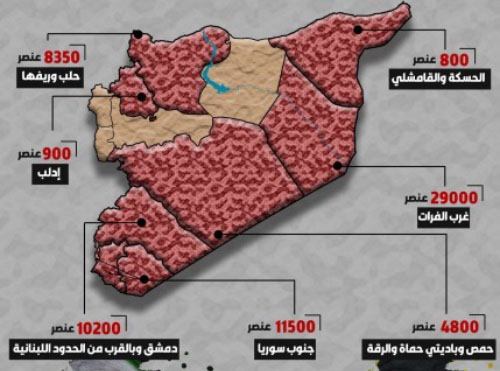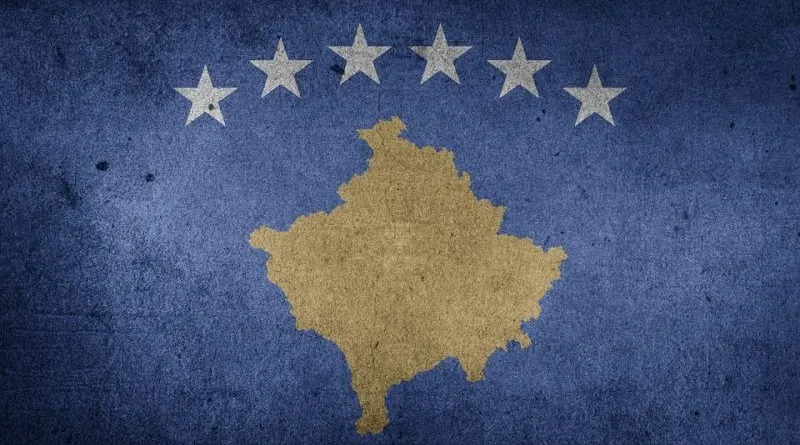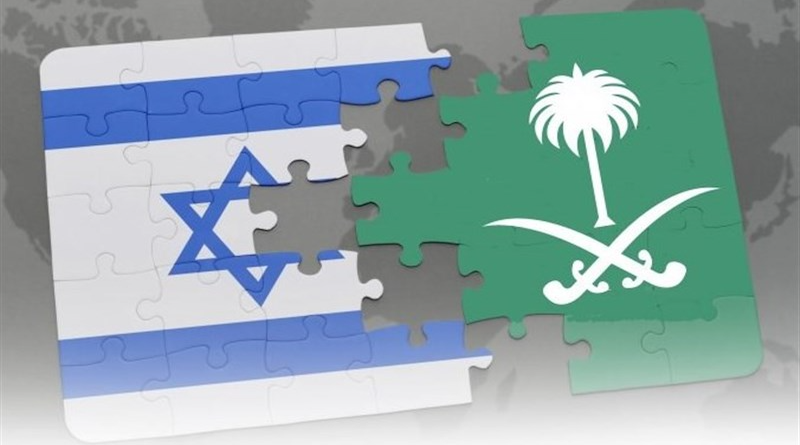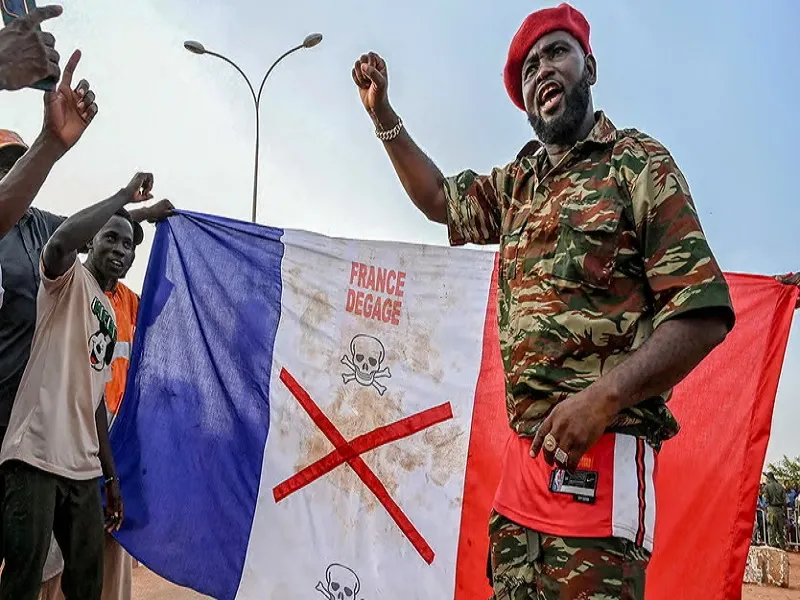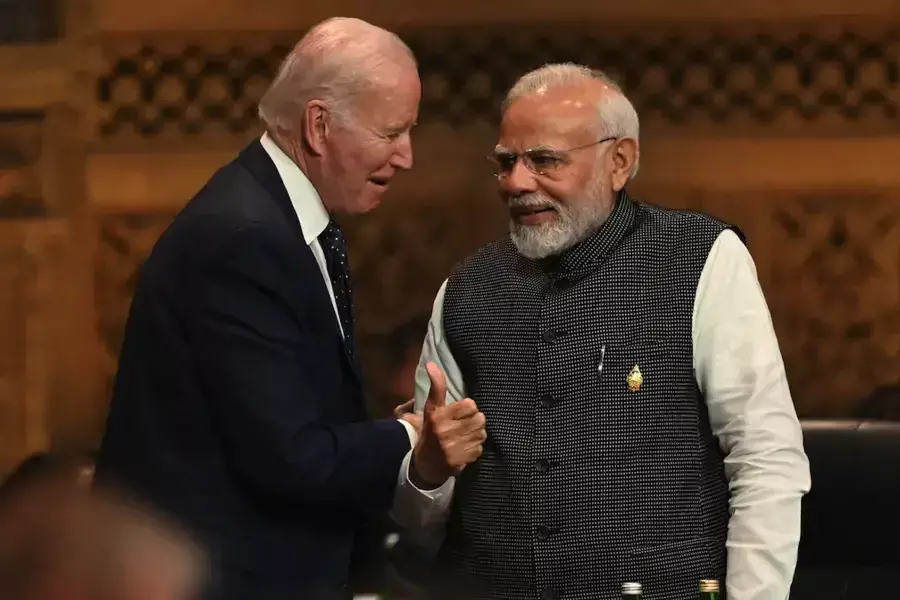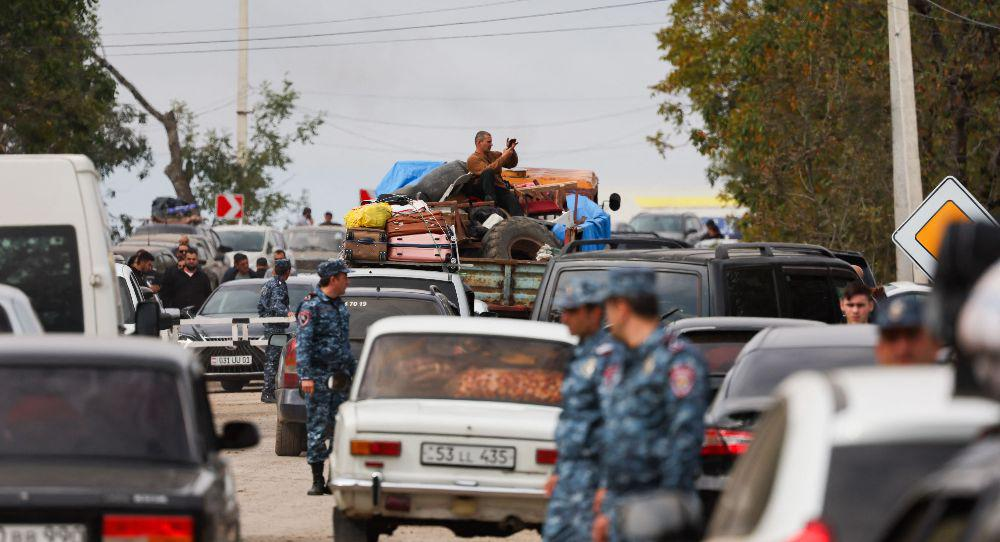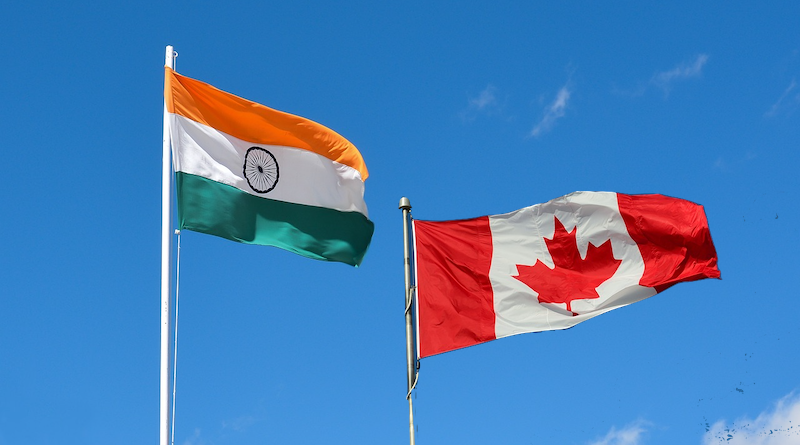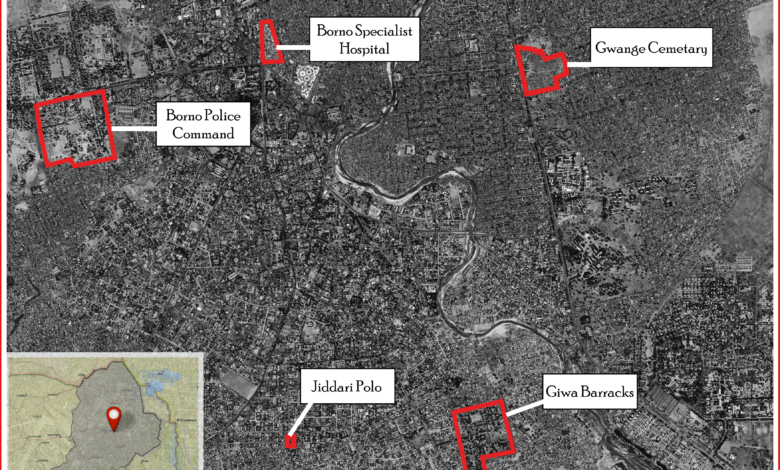The Houthi Movement and the War in Yemen: Development and Significance
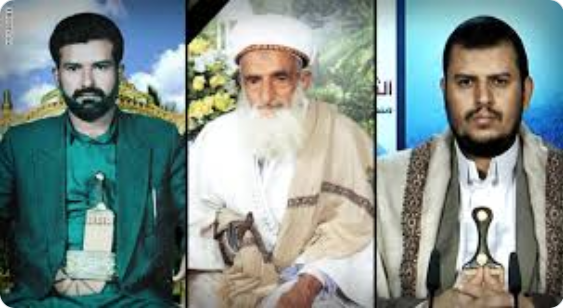
Overview
The Houthi movement was established in Yemen in the early 1990s, based on Shiite Zaydi Muslim residents, who make up about 30% of the country’s population. In 2004, the movement mounted a rebellion against the central government in Yemen because it had become too closely affiliated with the US and Israel. Until 2009, six rounds of fighting between the parties took place, at the end of which the Houthis established autonomy in northern Yemen. Over time, the Houthis managed to increase their power and areas of control, and in 2015, they deposed the incumbent president. This move has led, among other things, to the establishment of a coalition of Arab countries, led by Saudi Arabia and the United Arab Emirates, which set itself the goal of defeating the Houthis and restoring the previous regime. In response, the Houthis also began to carry out attacks on the territory of Saudi Arabia and the United Arab Emirates, using advanced weapons provided by Iran.

